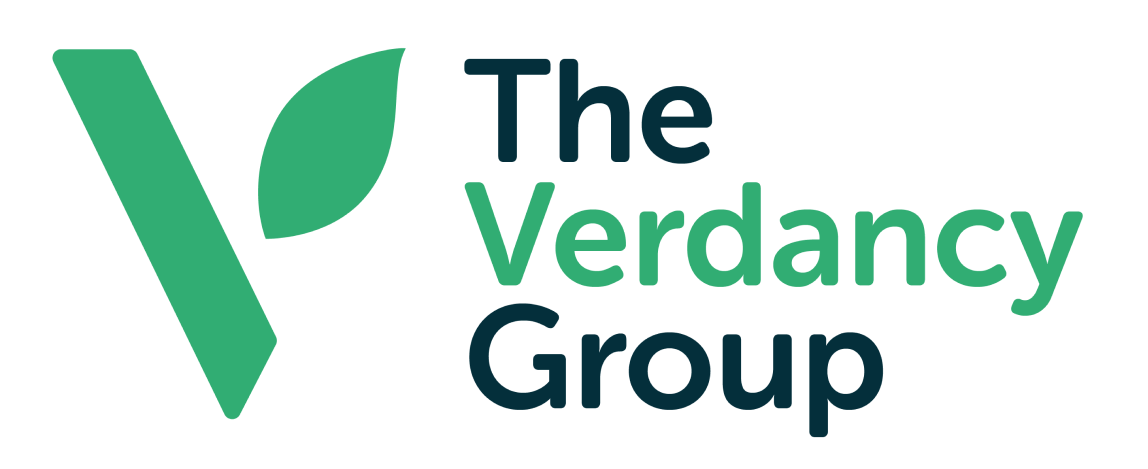Register for FY25
Full-Year Financial and Programmatic Results
Mission Driven Opportunity: Going Global

When an American nonprofit organization expands its operations to deliver service internationally, there is a tremendous amount to consider. Global initiatives do not happen overnight; they require significant preparation. To obtain buy-in from the board and funders alike, there needs to be a compelling story—one that is supported by research, analysis and a plan for success. The organizational leaders need to fully contemplate the needs that exist within the country, where the needs are most pressing, and the most efficient way to bring its experience and expertise to other regions of the world. In addition to what makes sense geographically, leaders need to consider how to integrate with the culture of another country, meet legal and tax requirements, understand government contracting, recruit talent, and much more.
In developing its global network, which now covers 22 states in the US, the United Kingdom and most recently Canada, The Fedcap Group has a deep appreciation for the complexities and the benefits of becoming an international company. When expanding to the UK, we began by holding a series of conversations with government funders to understand the current need and gaps in the existing delivery system. We also sought out organizations and seasoned professionals in the area who were familiar with the bidding and contracting process. Finally, we looked for partners or companies interested in combining with The Fedcap Group. In a Mission Box blog about how U.S. nonprofits can avoid the pitfalls of operating abroad, Grace Davies validated this approach, “Consider whether you could further your charitable goals by supporting the work of another charity already qualified to operate in a given foreign country.” She adds, “This is an excellent way to get your foot in the door and begin to become a known entity.”
A MUSE blog from RSM, an international financial consulting group, on how to plan strategy and build local relationships, suggests creating at least a five-year strategic plan for expanding into other countries. This is also in keeping with the approach taken by The Fedcap Group. In our 2015 Strategic Plan, we set a goal to expand internationally by 2020. We spent the next three years ensuring we had the talent, technological infrastructure, partnerships, systems and structure to succeed in the international marketplace. We continue to improve our strategies and approaches to integrating operations and cultures into countries outside the U.S.
Further, as Lakshimi Sarma Ramani points out in her general counsel blog, Outside GC, “Not all countries have the same legal definition around what a charitable mission or purpose is under the local legislation, and not all countries consider charitable organizations to be tax exempt.” Laws involving the transfer of funds and information are also different from those of the US, as are the privacy laws in Europe and Canada, so transmitting data may be an issue. You will need an expert who is “familiar with cross border transactions to ensure that you are complying with requirements for data collection, use, transfer, and storage, and the right to be forgotten. When identifying people to serve on the Boards of our international companies, we sought to fill gaps in our knowledge through bringing on board members who were knowledgeable and could assist us in our efforts. We also secured outside council.
While international expansion can be complicated, if an organization believes that it has a mission driven opportunity to make a difference, it is certainly worth the challenges. The Fedcap Group has experienced tremendous results in “going global” in our workforce development practice area. With contracts in England, Scotland, and Canada, internationally we are serving over 15,000 individuals on public assistance who seek employment and self-sufficiency. We have engaged government and business as true partners, and we are putting people to work.
-min.avif)


